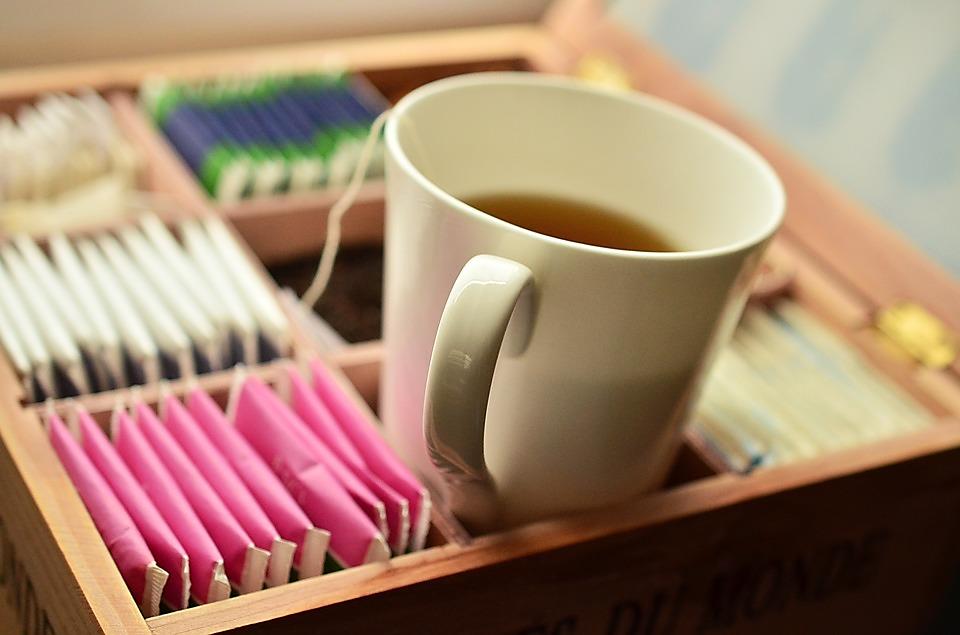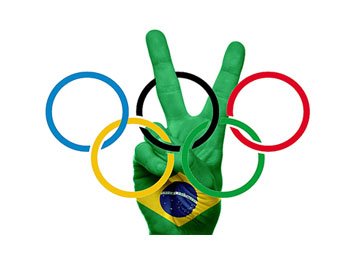
Are all Water Cooler suppliers the same?
We don’t believe so. There are a multitude of water cooler suppliers in the UK, but there is only one AquAid. What sets AquAid apart are the integral inclusions that we provide with each water cooler purchase. These aren’t add-ons – although we offer those too – these are inclusions that we and many satisfied customers believe to be what makes AquAid a cut above.
So you have now had your brand spanking new water cooler installed and your first question is:
We have a bottle-fed water cooler – how often will I get a water delivery?
You’re automatically placed onto our fortnightly delivery round, which means that we will deliver to you on the same day every 2 weeks. This way we both can determine the quantity of water that you require to keep you hydrated during the two weeks.
But what if I run out of water?
AquAid offers all our customers a free of charge 24hour emergency service should you run out of water. We know the importance of keeping hydrated and will always do our best to avoid situations that will leave you without any drinking water.
How often will my water cooler be serviced and do I have to call to book the service?
As per the EDWCA guidelines, we sanitise all mains fed water coolers every 6 months and bottle fed water coolers will be serviced every 3 months. The service will be carried out by our very experienced service technicians and should take no longer than 20 minutes of your time. You do not need to remind us to service your machine. Our systems automatically let us know as and when your machines are due for their service.
Hmm, fair enough … but I’m a little concerned about how this bottled water is getting to us in terms of your carbon footprint. Is my AquAid local?
It most definitely is – AquAid have 29 distribution points across the UK, which means that your water cooler; water and water cups deliveries; as well as your water cooler maintenance and servicing all originates from your local AquAid branch.
Now, the biggie – what else makes AquAid stand apart from other water cooler suppliers?
Since the inception of AquAid almost 2 decades ago – we believed and continue to believe that donating to charities that provide sustainable solutions for those less fortunate is vitally important to a successful business. AquAid are very proud of our association with the charities that we work with. With every bottle of water that we supply a 30p donation is made to The Africa Trust along with a £20 donation when a Mains Fed Water Cooler is installed. Christian Aid also receives a 10p donation with every bottle of water that we supply. To date we have donated in excess of 10 million pounds.
If you would like to enquire about our water coolers, products and services, we’d welcome hearing from you.
To call us at AquAid: 0800 772 3003
To e-mail us: Click here
If you’d like to browse our range of water coolers: Click here
To follow us on social media: Twitter and Facebook




